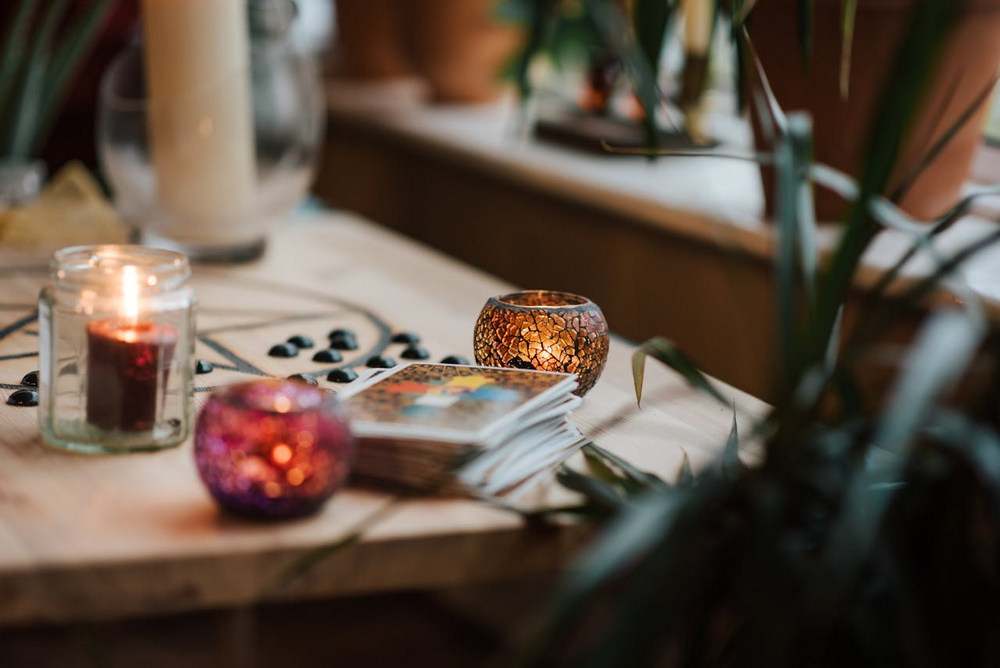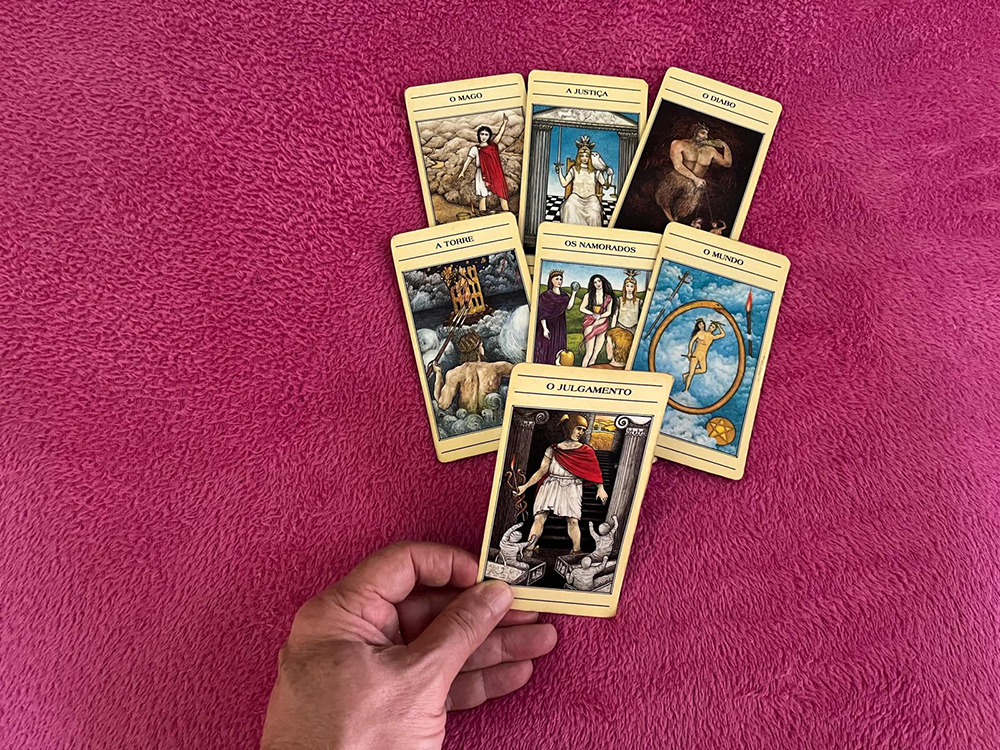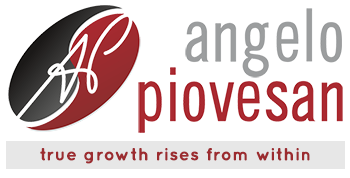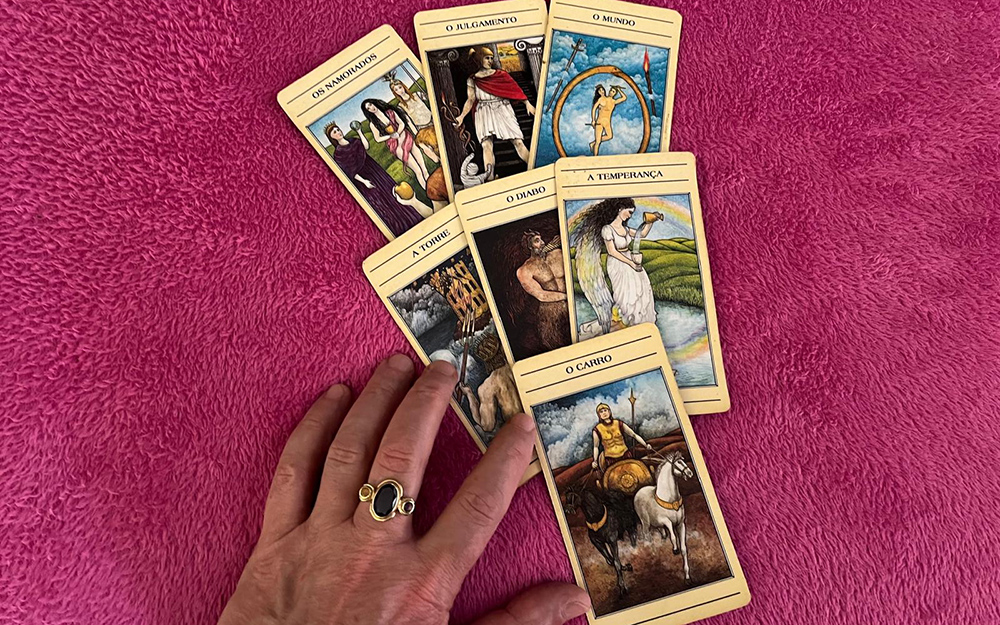Tarot and self-discovery are themes I've been exploring for years, in a journey that reveals Tarot as a tool for deep inner connection - a practice that transcends the mere prediction of the future and leads us to self-knowledge.
In this article, I invite you to accompany me on this immersion into the symbolism, evolution and purpose of the Tarot, understanding how these mysterious cards connect us to our own being and to the universe.
The origin and structure of the Tarot
The origin of the Tarot goes back to an aristocratic card game known as tarocchi. It emerged in the 15th century in Italy with the Visconti-Sforza deck. At the time, it had no relation to divinatory practices, but over the centuries its meaning evolved into an instrument of self-knowledge and reflection.
At the end of the 18th century, European esoterism, especially in France, reinterpreted the Tarot under the influence of intellectuals such as Jean-Baptiste Alliette (Etteilla), associating the cards with the occult and internal exploration.
This transition marked the beginning of the Tarot as a tool that reveals insights into life, incorporating symbolisms from the Kabbalah and the Hermeticism.
The meaning of the Tarot cards offers insights into different aspects of life. Furthermore, the Tarot is structured into two main groups: the Major Arcana and the Minor Arcana.
The Major Arcana, with 22 cards, symbolize the human spiritual and emotional journey, reflecting universal archetypes that guide the personal experiences.
On the other hand, the Minor Arcana, made up of 56 cards divided into four suits (Hearts, Clubs, Spades and Diamonds), deal with everyday issues, ranging from relationships to financial challenges. Each suit is associated with elements that represent different aspects of life.
The combination of these two categories allows for a comprehensive reading, where major transformations and everyday details are interpreted, inviting clients to reflect deeply on their own lives.

Psychological aspects of the Tarot
In addition to its divinatory function, the Tarot plays a powerful role in psychological introspection and self-knowledge. I see the Tarot as a symbolic mirror that reflects our fears, desires and patterns of behavior.
During a reading, the cards bring out aspects of our psyche that may be hidden. Each card acts as an archetype that resonates with different areas of the unconscious, helping the person to identify and reflect on parts of themselves that they often didn't even know about.
For example, when faced with a card like The Tower, which symbolizes sudden changes and profound transformations, the client is encouraged to confront patterns of resistance to change and explore what is holding back their evolution.
Tarot reading is a process of internal dialog, so I believe that the intention of the client plays a fundamental role in this process - and it is all connected to self-discovery. Each reading is influenced by the person's energy and openness, creating a sacred space where the cards reveal messages that can lead to profound transformations.
The role of the Tarot reader, in this context, is that of a facilitator, helping to interpret and guide the messages so that the person can understand their path and develop a new perspective about themselves.
The connection between the Tarot and psychology offers the person consulting it a transformative experience, where the cards act as a channel of communication between the conscious and the unconscious.
This approach promotes self-knowledge, allowing people to better understand their own history and make more conscious decisions in accordance with their life purpose.
The Tarot's role in spirituality and self-knowledge
The practice of the Tarot as a divinatory tool goes far beyond anticipating the future. It involves a sincere search for spiritual wisdom and inner clarity, offering a gateway to connect with the universe and one's own self.
The Tarot inspires me to see it as a path to self-knowledge that reveals the purpose of life and helps to bring the person consulting it into closer alignment with their spiritual journey.
Each card carries a message that talks about the invisible forces that shape life, offering answers that can only be understood on a deeper level.
In my consultations, I make this connection intuitively, guided by the symbolisms of the Tarot and my spiritual guides. Each reading is a way of tuning in to the higher energies and listening to what they have to say about our life journey.
One of the great visionaries to recognize the connection between oracles and personal growth was Carl Gustav Jung - precursor of psychoanalysis, who saw the Tarot symbols as a way to access the collective unconscious and the archetypes.
For him, the oracles were gateways to self-knowledge, allowing each person to recognize within themselves the universal forces and patterns that move life forward.
In the Tarot, this spiritual connection is amplified: by revealing our shadows and lights, it helps us to find the right path and cultivate inner wisdom.
With the Tarot, each consultation is an opportunity to uncover aspects of the self and prepare for the spiritual and emotional challenges of life. A Tarot consultation is a safe space where the client can reflect on their path and strengthen themselves to face what lies ahead.
Before we move on to the next topic, you might like to get to know the Tarot of the 7 Sacred Weeks, a practice I've developed over many years, a special Tarot reading that offers a guide for the year ahead.

Self-reflection and decision-making with the Tarot
The Tarot, more than a divination tool, serves as a powerful resource for reflection and decision-making.
By addressing a specific question or dilemma, the cards offer a sacred space where the person can explore their deepest concerns. Each reading is an opportunity for introspection, allowing the person to connect with their intuition and examine the range of options available to them.
When the cards are laid out on the table, they create a visual map that represents different aspects of the situation in question.
As we have seen, the Major Arcana can highlight significant themes, while the Minor Arcana offer more subtle details, helping to compose a broader picture.
This process helps the client to understand not only external circumstances, but also their own emotions, motivations and fears, which often influence their choices.
In addition, the Tarot readings can promote self-acceptance and mental clarity, allowing clients to approach their decisions in a more conscious way and in harmony with their personal values.
The connection with the cards creates a space for the person to reflect on the possible consequences of their actions, helping them to make decisions that are in tune with their true self.
As a Tarot reader, my role is to facilitate this process, providing insights and guidance that can illuminate the path ahead. I help to uncover alternatives and encourage personal responsibility, remembering that although the Tarot offers advice and suggestions, the final power of decision always lies with the person making the decision.
The Tarot as a tool for self-discovery
For me, the Tarot is a powerful tool for self-discovery that goes beyond simple entertainment. By exploring its cards, clients are invited to discover hidden aspects of their psyche, connecting with their deepest feelings, behavioral patterns and past traumas.
Each Tarot card is a symbol loaded with meanings that resonate with each person's individual life journey, allowing them to see themselves reflected in the images and narratives that emerge during the reading.
The process of self-discovery through the Tarot can be transformative. Often, the cards reveal truths that the client had not previously considered, helping them to understand their motivations and the origin of their internal conflicts.
For example, by drawing a card that represents a personal shadow, the person can be led to confront fears and insecurities that have long remained on the fringes of their consciousness.
In addition, the Tarot invites continuous self-exploration, encouraging the practice of self-reflection and questioning. By considering the cards' messages, individuals are challenged to think critically about their choices and to consider how their past experiences influence their current decisions.
Over time, the Tarot practice can become a routine of self-discovery, where each reading becomes a step towards a deeper understanding of oneself.
This journey of exploration not only illuminates the path ahead, but also strengthens the person's connection with their own self, allowing them to take ownership of their own story and thus shape their destiny with greater confidence and purpose.

Conclusion
The Tarot is a tool for self-knowledge that transcends mere divination. It connects us with our essence and offers a reflection of the energies that shape our lives.
As we embark on this journey of understanding and transformation, the Tarot reminds us that we are responsible for our own history and that we have the power to decide and shape our destiny.
With more than 40 years' experience in holistic and esoteric themes and practices, as well as an established career in the fields of communication, education and health, I offer personalized Tarot readings at a distanceI also use techniques such as the Radionic Table, the Maha Leela and various other spiritual practices.
If the subject of Tarot and self-discovery interests you, let's explore this path together!
May the Light of Love be the guide of all paths, at all times, in all circumstances, with all the people. And may Love foster Peace!

